The Protocols of Satan, Part 1: Dr. Karl Bergmeister and The World Jewish Conspiracy
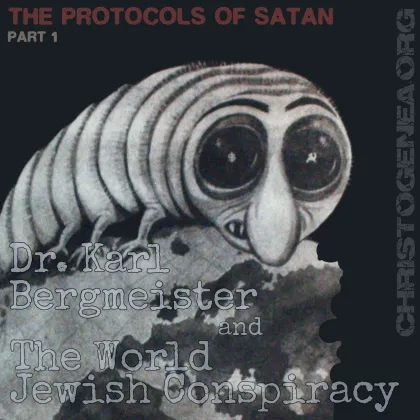
Christogenea Saturdays, August 15th, 2015 - The Protocols of Satan, Part 1: Dr. Karl Bergmeister and The World Jewish Conspiracy
We are going to begin a long and multifaceted series which we are going to call the “Protocols of Satan”, and this is Part 1. The Protocols, so far as we know, have never been presented from our Christian Identity worldview, and we hope to make a thorough presentation in that manner here. However first we are going to have to establish the credibility of the Protocols, because they certainly were not some pro-Aryan conspiracy against Jews, as they are often claimed to be. Rather, they fully reflect the course of a long-running Jewish conspiracy against Aryans, against Christendom, which has with all certainty been carried out against our European races since the Emancipation of the Jews at the time of Napoleon, and even earlier than that. Henry Ford recognized this, and published The International Jew in book form and as a series in his paper, The Dearborn Independent, throughout the early 1920's.
However another book by Sergei Alexander Nilus, The Protocols and World Revolution, was translated into English and supposedly, as some sources refute the account, edited by Boris Brasol and published in Boston in 1920 by Maynard, Small & Co. The Nilus book, from its second Russian edition published in 1905, contained a copy of the Protocols, and they were apparently the first version available in English. Boris Brasol is a story in himself. He was a Russian lawyer who prosecuted a blood libel case against Jews in 1912. He was an officer in the Tsar's army during the first great war, and was fortunate to have been sent on a mission to the United States, where he was during the Jewish takeover of Russia in October 1917, and where remained thereafter, remaining a writer for several decades and writing several books against Soviet socialism.

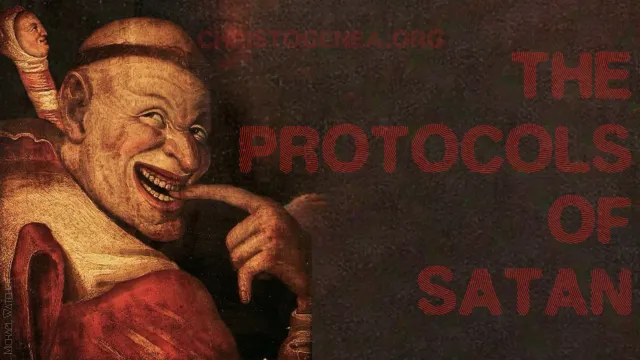
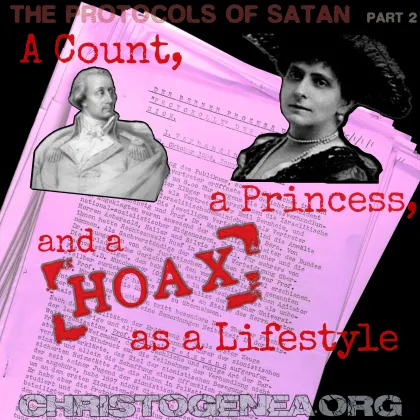
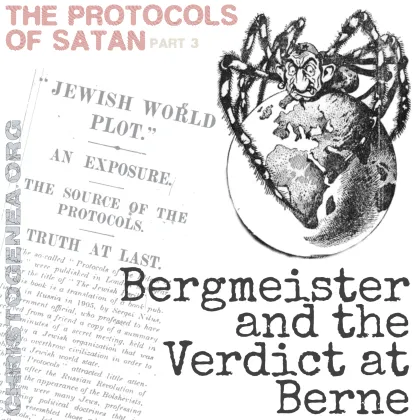
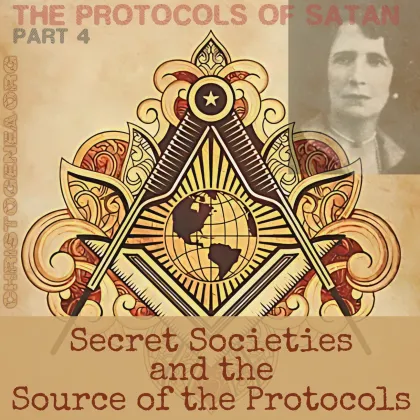
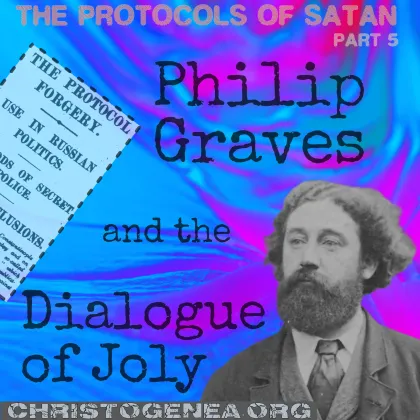
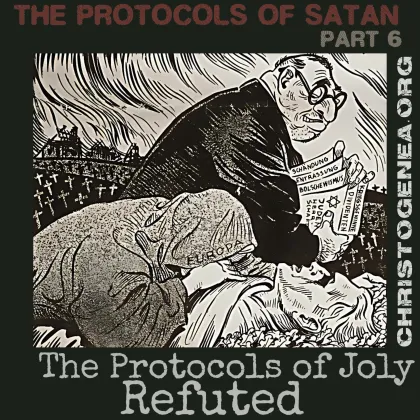
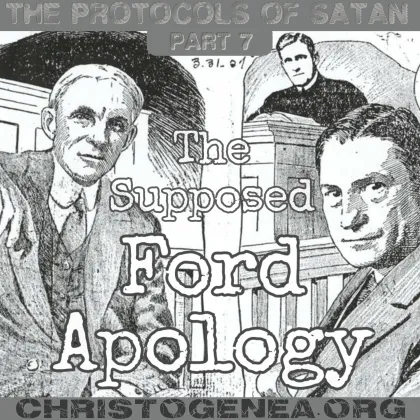
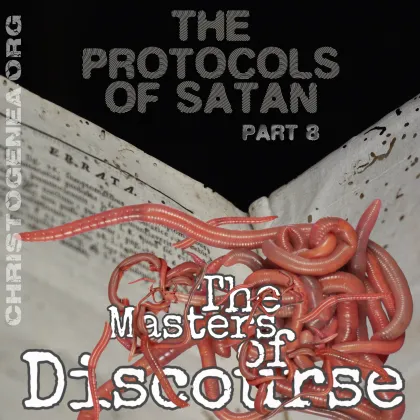
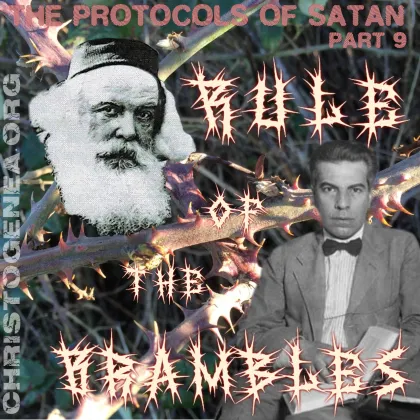
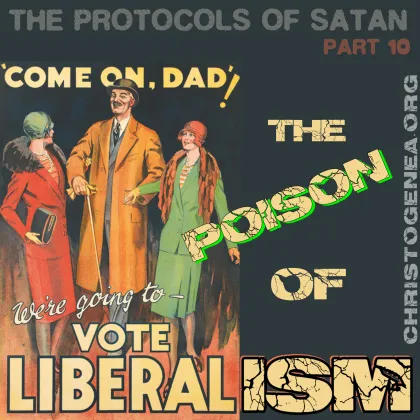
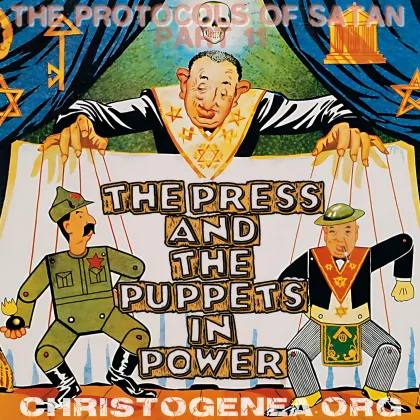
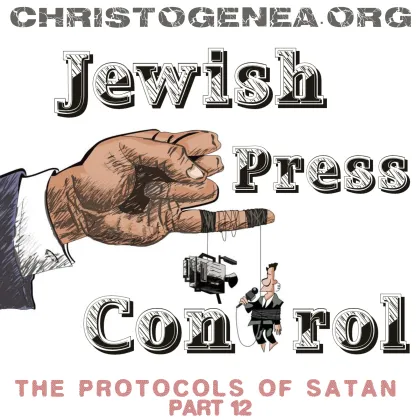
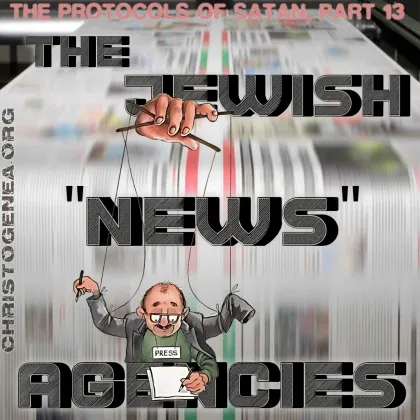
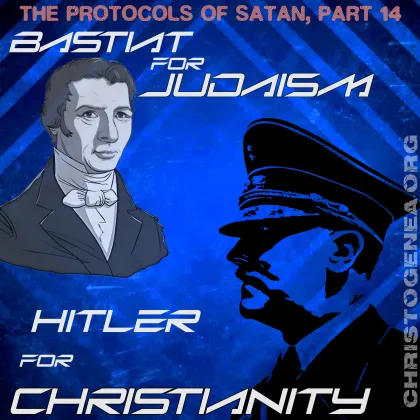
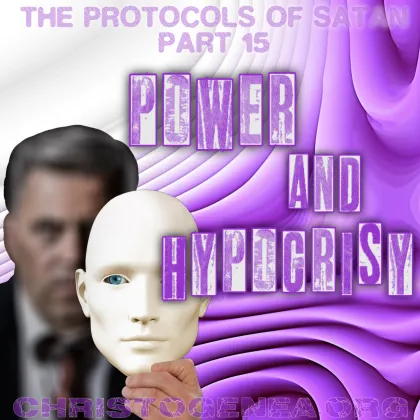

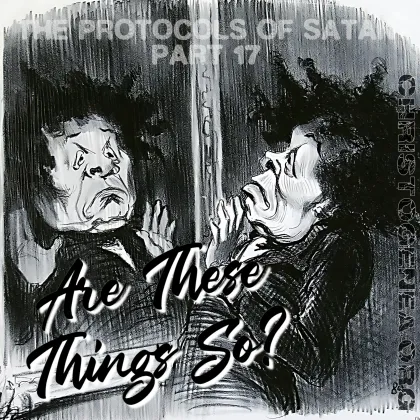
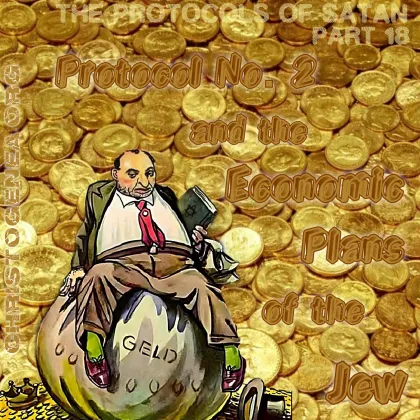
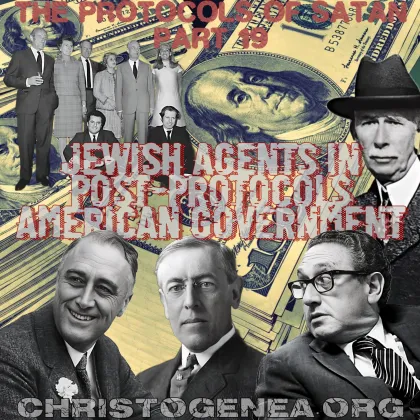
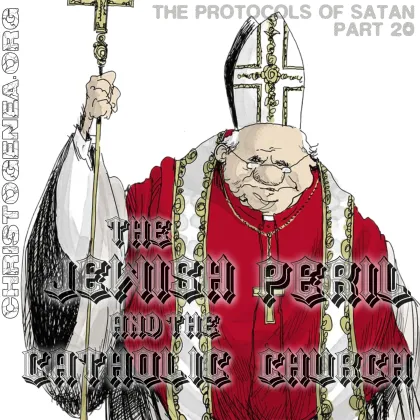





 Please click here for our mailing list sign-up page.
Please click here for our mailing list sign-up page.







